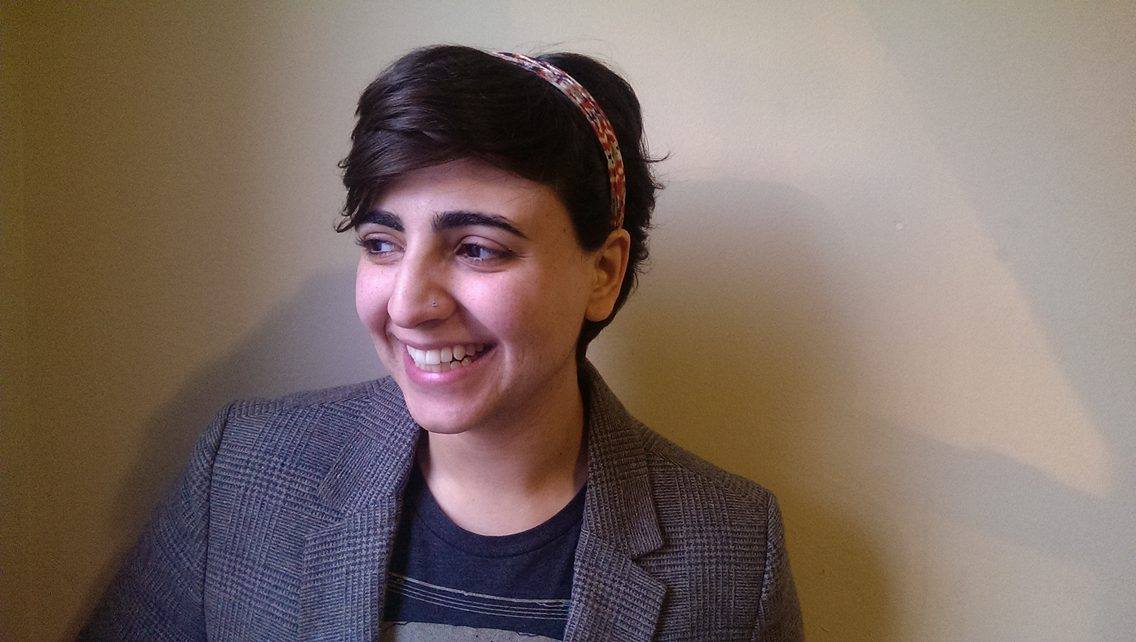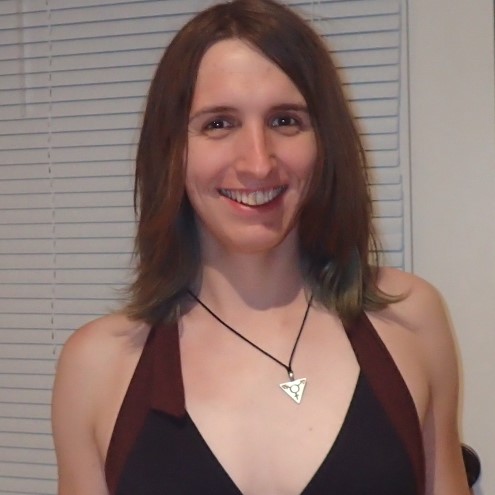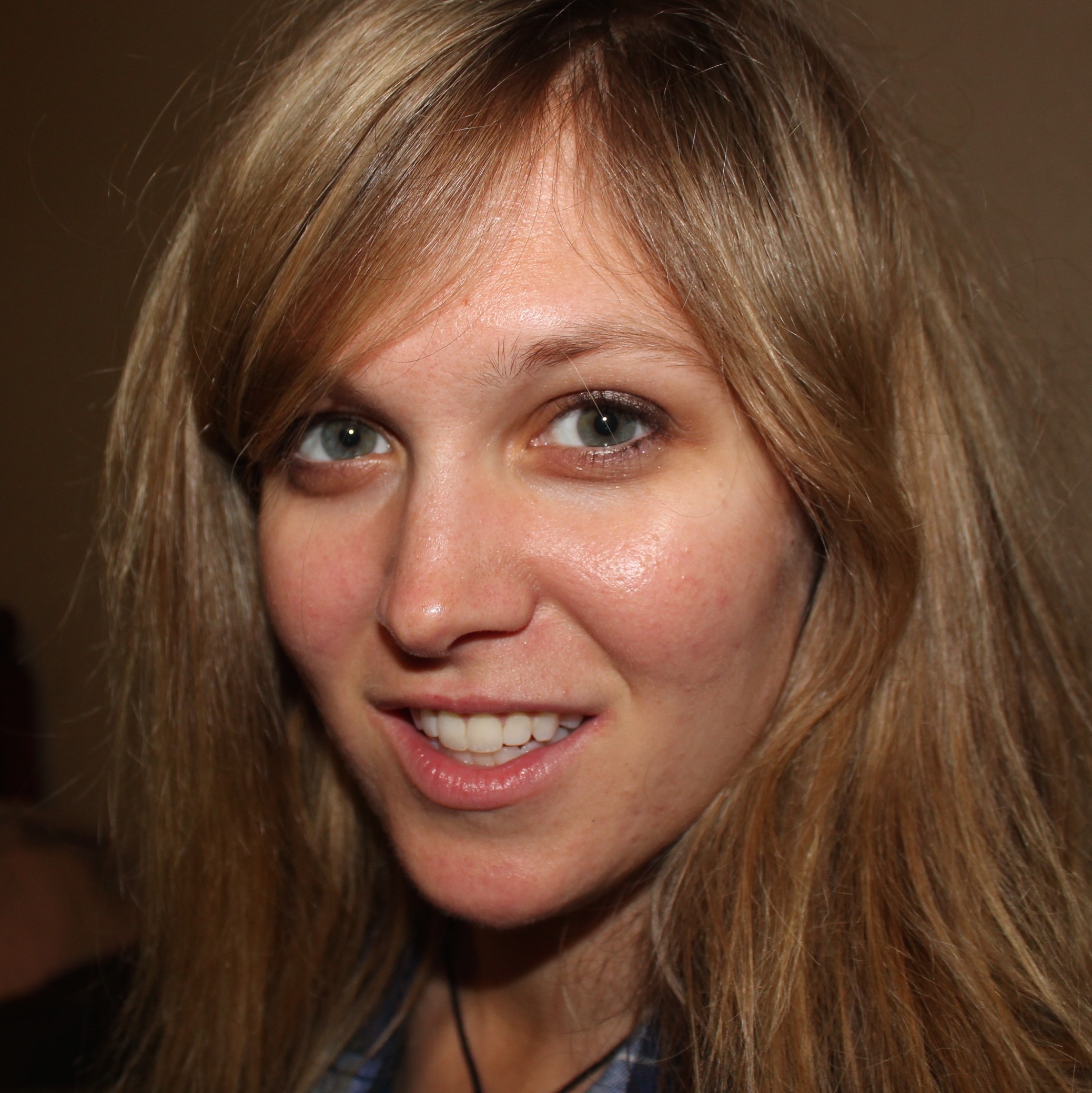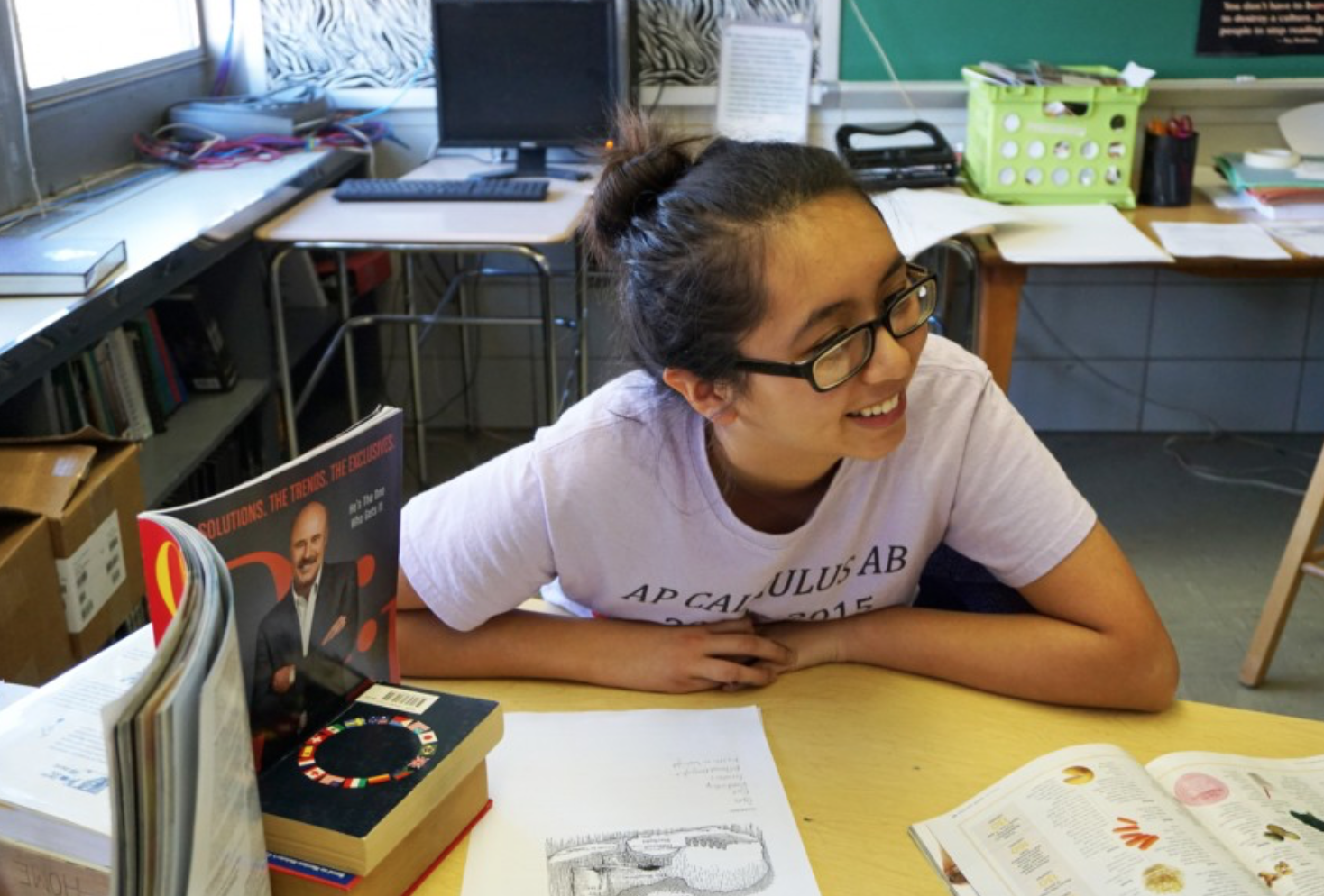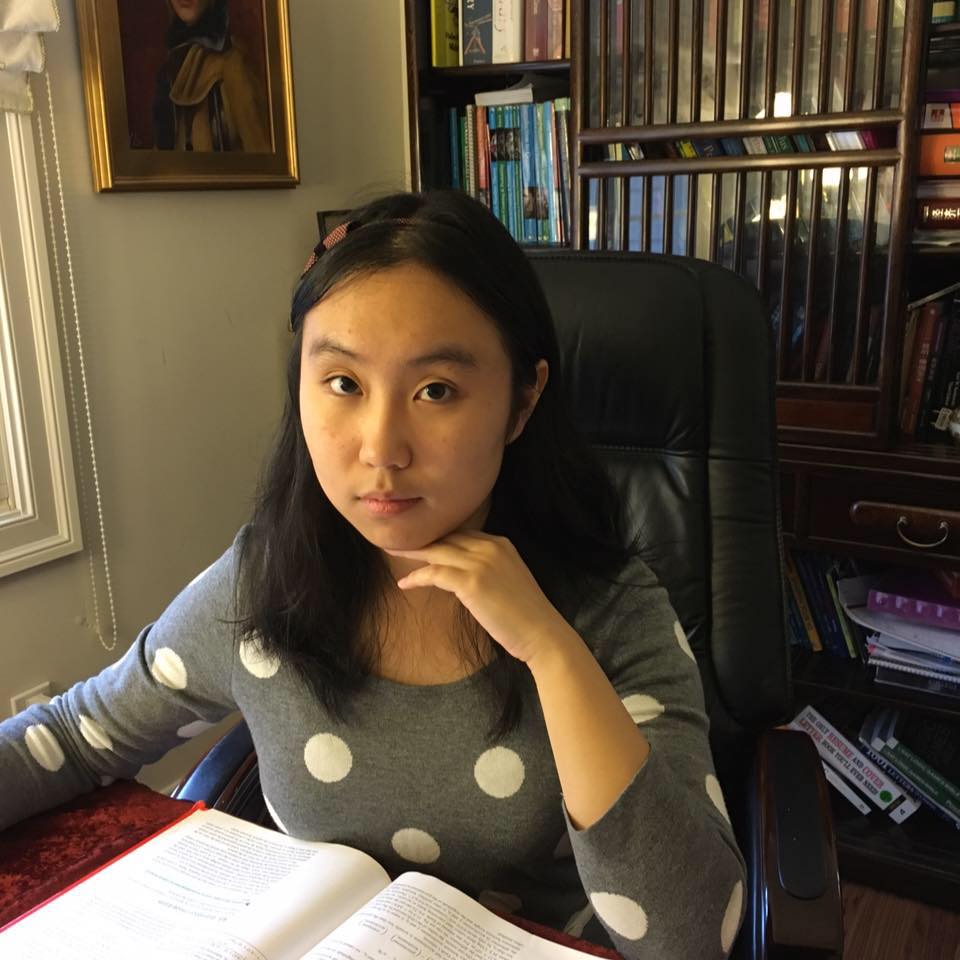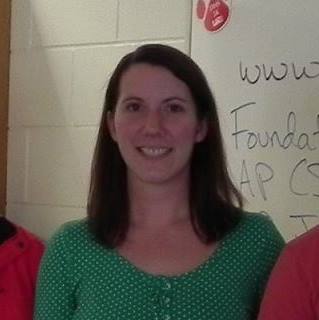Chicago, Illinois
Read About Naseem
Naseem Jamnia is a non-binary writer, Gryffindor, and former scientist from Chicago. After spending eight years working on rodent models of psychiatric and related disorders, they left their PhD program to pursue social justice activism in writing. They still think there is a serious need for science writers who know what they're talking about, and are considering jumping in. You can find out more about them at www.naseemwrites.com, or by joining the Tuesday Telegrams, their newsletter, at www.tinyletter.com/naseem.
When I was a teaching assistant, I met over and over with students to talk about their goals. I wanted them to really think about what they wanted, and why, and not to do something because someone else told them so. Following your passions sounds corny, but is life-saving.
That’s why I ultimately left STEAM to just follow the a—art.
I’ve wanted to be a neuroscientist since I was in seventh grade. My brother has classical autism, and all I ever wanted to do was understand how our brains were different. Well, that, and become a famous author with a gazillion books to help other people.
My path was typical for a long time, although I missed the warning signs that I would one day leave. I didn’t have a real science class until I left my Montessori grade school. My best—and favorite—class through high school was English. It was in college, too. But I checked off the boxes that would move me towards a career as a scientist: I was a top student in my high school, receiving great scores on my International Baccalaureate exams and, therefore, my diploma, which helped grant me admission to the University of Chicago. After working in two different labs and doing enough work for a paper, I did a master’s program at DePaul University. My work there, creating a novel model of concussions that literally can change the field, got me my first real job, and all of that eventually led me to the PhD program in neuroscience at the University of Pennsylvania.
I was in Philadelphia for one semester before I left, this past December. And while I’m technically on a medical leave of absence, the truth is, I already know I’m not going back.
Don’t get me wrong; if I were to stay in a STEAM PhD program, it would be at Penn. And even though it’s been hard, I am so proud of my accomplishments, from the experimental failures to my Ivy League acceptance. But there are hard realities that I face: the number of people like me—Muslim, Middle Eastern, mentally ill, non-binary trans but designated female at birth—are rare enough, but they’re impossible to find in the sciences. It seems like a small thing, but it’s hard to believe you can succeed when you don’t see people share your identities in your field.
Ultimately, it boils down to what makes you happy. Last February, in the middle of my experiments, I realized that I was deeply unhappy with my work. It wasn’t the topic, but the very idea of doing research and focusing on esoteric questions. Research is important, and I did find it interesting enough, but I no longer wanted to be the one in the lab coat. I no longer felt the importance of what I did. I went into science to have an impact on society, and I felt far away from it. Instead, as I began publishing my essays, my lifelong dream of becoming an author didn’t seem so far away.
Writing is the way I understand the world, and has been since I was a kid. Love led me to science, and kept me on it for a long time, but my work was meaningless without writing. In fact, they informed each other: writing kept me on the pulse of real human issues, and science helped me explain them.
Writing kept me on the pulse of real human issues, and science helped me explain them.
I wish I had given myself permission to love multiple things, and to let go of science if I needed to. If I had accepted my interest in science was just that, an interest, and not a passion, things would be radically different. I wish someone had explained to me that in the outside world, you are only accountable to yourself; there are no life inspectors waiting for you to mess up or to go down the wrong path. Grades are just letters on pages; I wish someone had taken me by the shoulders and hugged me for the three C+s on my college transcript. Because, listen: ultimately, your life is what you make of it. Work hard, but don’t worry if it takes you a while to find a lab, or if you find out that you don’t like your lab. Don’t worry if, three years into a pre-med track, you realize you don’t want to go to medical school. Don’t worry if you pick up chemistry but find that you love physics, or that your love for painting is more than either.
You are the only one in charge of your own happiness: not your parents, not your professors, not your friends. When you come home at the end of the day, do you feel fulfilled? Are you living every day doing something you love? I dedicated my life to neuroscience for eight years, loving it but also determined to love it. As I grew older, and became responsible for my own life, I began to question what I wanted.
Did I want to wake up in ten years and be a scientist, or be an artist?
These questions are harder to answer than we think. When you’re growing up, living with your caretakers, all you know is school, and all you know are the next steps. When you have to make those next steps yourself, you’re suddenly free to decide how you want to live your life.
Not your guardians. Not your teachers. You.
No career path is easy, and STEAM is littered with obstacles from undergrad to tenure. It’s worth it if you love it, if you’re excited for every experiment you design and every datum you analyze. That was me for eight years. But when it no longer made me happy—when it was no longer what I wanted—I had to let it go. I live with the consequences of this decision every day, but I’m happier now than I ever was in these past years.
Does STEAM make you happy? Revisit this question over the years. And if it does, keep at it. Work hard and make a stand for knowledge in this world. And if it doesn’t?
I’m not a failure because I started over.
I’ve been fighting the fear of failure my whole life, and never have I felt it so acutely as when I left Philadelphia. But you know what? I’m not a failure for being an artist now, instead of a scientist, despite the need for diversity in STEAM. I’m not a failure because I decided to listen to what I wanted and own it. I’m not a failure because I started over.
And if that becomes your path, neither are you.

